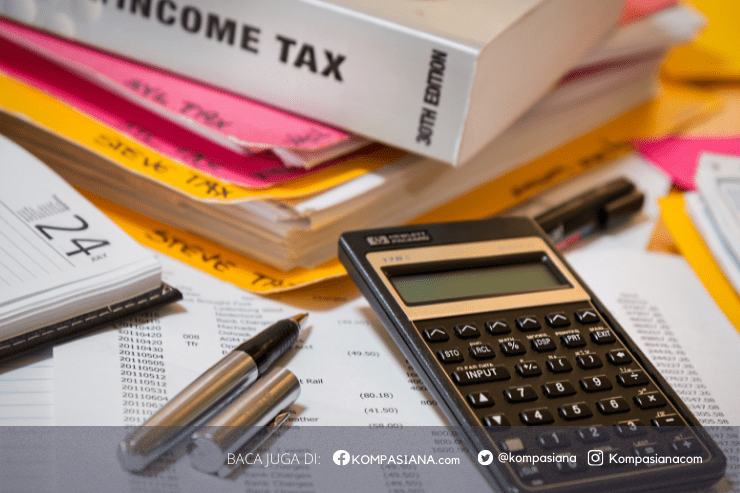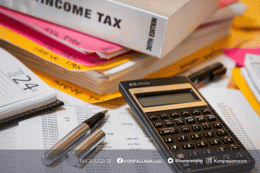Accounting Fraud Cases in Indonesia as Many as
Accounting fraud cases in Indonesia show the importance of the auditor's role in detecting and preventing fraud. One example is the Garuda Indonesia case in 2018, where the company recognized unrealized revenue to cover financial losses (Suryanto, 2019). In this case, external auditors played a key role in identifying the difference between reported revenue and actual realization.
Another incident involving PT Tiga Pilar Sejahtera in 2017 also shows how important audits are in detecting financial manipulation (Widodo & Anggrani, 2018). The company manipulated assets and profits, which led to the bankruptcy of the company. In this case, the auditor found significant discrepancies between the data presented and the actual facts, which ultimately required further investigation by the tax authorities.
Challenges for Auditors
Auditors often face various challenges in preventing accounting manipulation. One of the biggest challenges is pressure from management not to disclose adverse audit findings (Bhasin, 2016). These pressures can affect auditor independence and objective audit results.
Another challenge for auditors is the increasing complexity of financial transactions. With the development of technology and sophisticated financial systems, auditors need a deeper understanding of various types of complex transactions. In addition, limited time and resources are also an obstacle for auditors to conduct more detailed audits.
Solutions to Strengthen the Role of Auditors
To overcome these challenges, there are several solutions that can be applied to strengthen the role of auditors in preventing accounting manipulation. First, continuous training for auditors on modern auditing technologies, such as data analytics and AI, is essential to improve intrusion detection skills (Bhasin, 2016). Second, regulators need to implement stricter regulations and increase audit transparency to ensure sufficient auditor independence.
In addition, there is a need to improve coordination between auditors, management, and regulators. According to Widodo & Angraini (2018), auditors need to work more closely with financial regulators to ensure important audit findings can be followed up immediately. These steps aim to further protect the financial system from the risk of accounting manipulation that can harm many parties.
Conclusion
Auditors play a critical role in maintaining the integrity of financial reporting and preventing accounting manipulation. However, auditors face a variety of challenges, including: As operational pressures and transaction complexity increase, solutions such as training on the latest technology and increased regulation can help strengthen their role. Quality audits can minimize the risk of accounting manipulation and maintain public confidence in financial statements.







